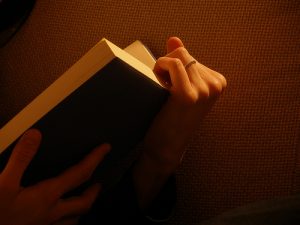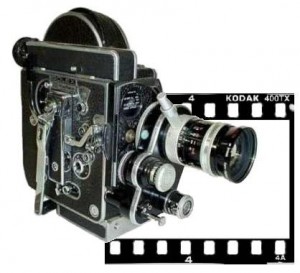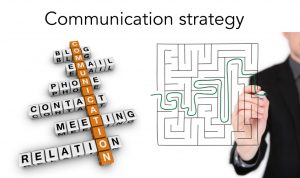
Hi. I’m Monica, and I’m a bookworm.
On a train, on a plane, in a waiting room, in a line – wherever you might spot me, I’m typically glued to a book in actual form or on my tablet. Sometimes with highlighters marking away furiously, sometimes just kicked back for a leisure afternoon of escape. Books are portals to higher ascensions of knowledge and meditation.
Why reading makes you a better writer
Reading not only makes you more informed, provides relaxation, and gives you a great topic of conversation for cocktail parties, but reading also makes you a better writer. When I’m reading, I’m constantly taking (mental or highlighter) note of how the author has structured the content, what words he’s used to illustrate the idea, how he’s provided depth to the characters, and how he incorporates storytelling into his writing. By reading with this purpose, a writer can pick up new ideas for material, fresh style to break out of a rut, and expand the vocabulary arsenal to grab even more attention.
Wide reading makes you a better writer, too, by taking you out of your comfort zone. We all have our favorite genre, and that’s a great place to start finding and exploring writing tips. If you stay in that one category, though, you’re missing the opportunities to learn and incorporate so many fresh and intriguing styles. I’m a fan of fiction, but I also work in non-fiction, especially when I’m preparing to travel to a new place. Books like The Caliph’s House and Oracle Bones provide wonderful first-hand accounts of locations and culture. (Tip: Book clubs are the best places to expose yourself to books outside of your normal reading habits, and you have the added benefit of discussing and dissecting those books with people who are regular readers of the genre.)
What to read to improve your writing
A writer can glean something to put toward his craft from almost anything he reads. After years of keeping my nose in a book, these are a few of my favorite genres.
1. Fantasy
Release the creativity. With no pesky realities, like gravity, getting in the way, fantasy and sci-fi writers are the masters of letting their keyboards go wherever they may. From the likes of Tolkien, Rowling, Martin and Goodkind, learn how to release your inhibitions and let the words flow into a memorizing story.
2. Biographies
Though biographies are as diverse as the multicultural world we live in, they all share a common element – the struggle to success. From Dolly Parton’s My Life and Other Unfinished Business to Colin Powell’s My American Journey, great people of today and yesterday can teach writers how to connect with people through writing. Pay attention to the purposeful format and words used in biographies as they are aiming to make the readers feel they know the writer personally.
3. Academic Writings
Spending the last two years pursuing my master’s degree, I’ve spent a lot of time with text books and scholarly journals. Though dense in material, academic writings teach you how to logically put together information so that it can be retained by your audience. From a prescribed outline to a detailed structure, academic writings are helpful tools to learn about the usefulness of categories and patterns.
4. Crime/Mystery
Want to hold the reader on the edge of his seat? Pick up a novel by Ludlum, Patterson or Goldman. Great for creating sales letters, crime/mystery novels teach writers how to build suspense, pull the reader in, and provide the big bang at the last moment.
5. Self-Help
Whether for personal or professional, self-help books are great resources for learning how to get your reader to take action. By providing scalable lessons, step-by-step directions, and how-to examples, self-help books can also help writers learn how to perfect the ever-important call to action.
How do you use reading to become a better writer?
Reading makes you a better writer through structure, format, vocabulary, new ideas, and a host of other factors. What other genres of literature do you pull from?



